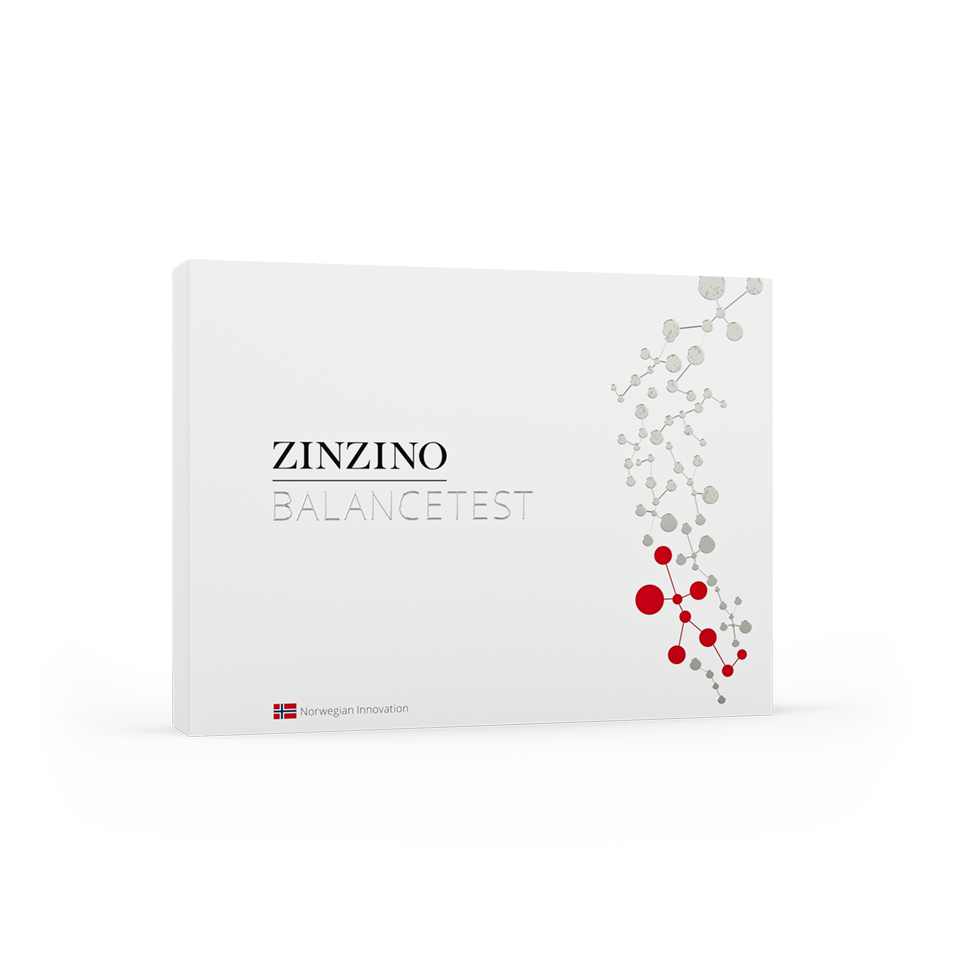The Mediterranean diet benefits, explained

Google ‘Mediterranean diet’ and you’ll forget for a moment that it is, in fact, a diet. Popular Mediterranean foods are colorful and Instagrammable, with the recommended division of greens, beans, and meat (and a side of fruit). This eating regime celebrates whole grains, fruits and vegetables, fish, and seafood, and of course, olive oil.
The advantages of following the Mediterranean lifestyle
The Mediterranean lifestyle has a more holistic approach to food and nutrition and the meals are created around plants, not meat. Dairy, eggs, poultry, and seafood are central to healthy Mediterranean food, with red meat consumed occasionally. Olive oil and fish are pillars to this way of eating, dishing up plenty of healthy fats.
The ‘diet rules’ are easy to follow because the food is so good – plates are packed with avocado, salmon, berries, seeds, beans, tomatoes, oranges, and nuts.
Mediterranean diet rules are simple:
- Daily consumption of vegetables, fruits, whole grains, and healthy fats
- Weekly intake of fish, poultry, beans, and eggs
- Moderate portions of dairy products
- Limit intake of red meat.
Olive oil and the Mediterranean diet
Extra virgin olive oil captures the essence of the Mediterranean diet. R.E.V.V.O is an extra virgin olive oil with a concentration of bioactive antioxidants that’s 30 times higher than regular olive oil. Designed to support your journey to better health, R.E.V.V.O provides a full spectrum of natural compounds locked in an Omega-9 oil.
It’s not just a fancy salad topper. R.E.V.V.O contributes to the maintenance of normal blood cholesterol levels1* and protects blood lipids2* from oxidative stress. Power your Mediterranean lifestyle with the most exceptional olive oil there is.
What is a Mediterranean diet, in practice?
This way of eating and living is deeply rooted in tradition and probably conjures up images of long, relaxed meals with friends and family. It’s an important point to address because the diet is really all about sacred shared mealtimes, sourcing local food that’s in-season, being physically active, and living simply. These philosophies carry into daily life, with how you nourish your body.
To eat like a Mediterranean:
- Aim for 7-10 servings of fruits and vegetables each day
- Switch to whole grains
- Use healthy fats, such as olive oil
- Eat fresh fish twice a week and reduce red meat intake
- Enjoy dairy, such as low-fat Greek yoghurt
- Add spices instead of salt.
Healthy Mediterranean recipes & food inspiration
For breakfast, treat your heart (and tastebuds) to smashed avocado, with smoked salmon and poached egg, on wholegrain toast. Dash it with a handful of microgreens.
Now, for lunch, cook falafel balls, and place with green beans, whole-wheat couscous, crumbled feta cheese, olives, and topped with tahini sauce.
Then, at dinner, continue the colorful plate trend with shrimp and leek spaghetti. It’s light, lemony, and gives you fiber and Omega-3s.
Speaking of essential fatty acids, Omega-3s are extremely important to your health (and your body doesn’t naturally produce them). Support your Mediterranean eating plan with Zinzino’s Omega-3 Balance Products.
This fish and olive oil synergy delivers 15 EFSA-approved health benefits, including normal brain3, heart4 and immune system5 function. Take the Omega-6:3 ratio test first and review your results after 120 days.
Siesta time! Although you won’t get those 3.00pm slumps, quite like you used to. Power your body with the healthy, delicious Mediterranean diet… with a side of Zinzino’s BalanceOil+ and R.E.V.O.O.
* These statements have not been evaluated by the Food and Drug Administration. This product is not intended to diagnose, treat, cure, or prevent any disease.
2. Olive oil polyphenols
Pólýfenólar í ólífuolíu stuðla að verndun fituefna í blóðinu gegn oxunarálagi: Að skipta mettaðri fitu í mataræði út fyrir ómettaða fitu stuðlar að viðhaldi eðlilegra kólesteról-gilda í blóði. Olíusýra er ómettuð fita. Þessa fullyrðingu má aðeins nota um ólífuolíu sem inniheldur a.m.k. 5 mg af hýdroxýtýrósóli og afleiðum þess (þ.e. ólevrópein efnasambönd og týrósól) í hverjum 20 g af ólífuolíu. Fullyrðingin krefst þess að neytandinn sé upplýstur um að jákvæðu áhrifin fáist með daglegri inntöku á 20 g af ólífuolíu.
3. DHA contributes to the maintenance of normal brain
DHA stuðlar að því að viðhalda eðlilegri heilastarfsemi. Fullyrðinguna má aðeins að nota um matvæli sem innihalda a.m.k. 40 mg af DHA í hverjum 100 g og fyrir hverjar 100 kkal. Fullyrðingin krefst þess að neytandinn sé upplýstur um að jákvæðu áhrifin fáist með daglegri inntöku á 250 mg af DHA. Inntaka dókósahexensýru (DHA) mæðra stuðlar að eðlilegum heilaþroska hjá fóstrum og börnum sem eru á brjósti. Veita skal barnshafandi konum og konum með börn á brjósti upplýsingar þess efnis að dagleg inntaka DHA þurfi að vera 200 mg til viðbótar við ráðlagðan dagskammt af Omega-3 fitusýrum fyrir fullorðna, þ.e. 250 mg af DHA og EPA. Þessa fullyrðingu má aðeins nota um matvæli sem innihalda a.m.k. 200 mg dagskammt af DHA.
4. DHA and EPA contribute to the normal function of the heart
EPA og DHA stuðla að eðlilegri hjartastarfsemi. Þessa fullyrðingu má aðeins nota um matvæli sem innihalda a.m.k það magn af EPA og DHA sem tilgreint er í fullyrðingunni INNIHELDUR Omega-3 FITUSÝRUR samkvæmt upptalningu í Viðauka við reglugerð (EB) nr. 1924/2006. Fullyrðingin krefst þess að neytandinn skuli upplýstur um að jákvæðu áhrifin fáist með daglegri inntöku á 250 mg af EPA og DHA.



Share this page
Or copy link